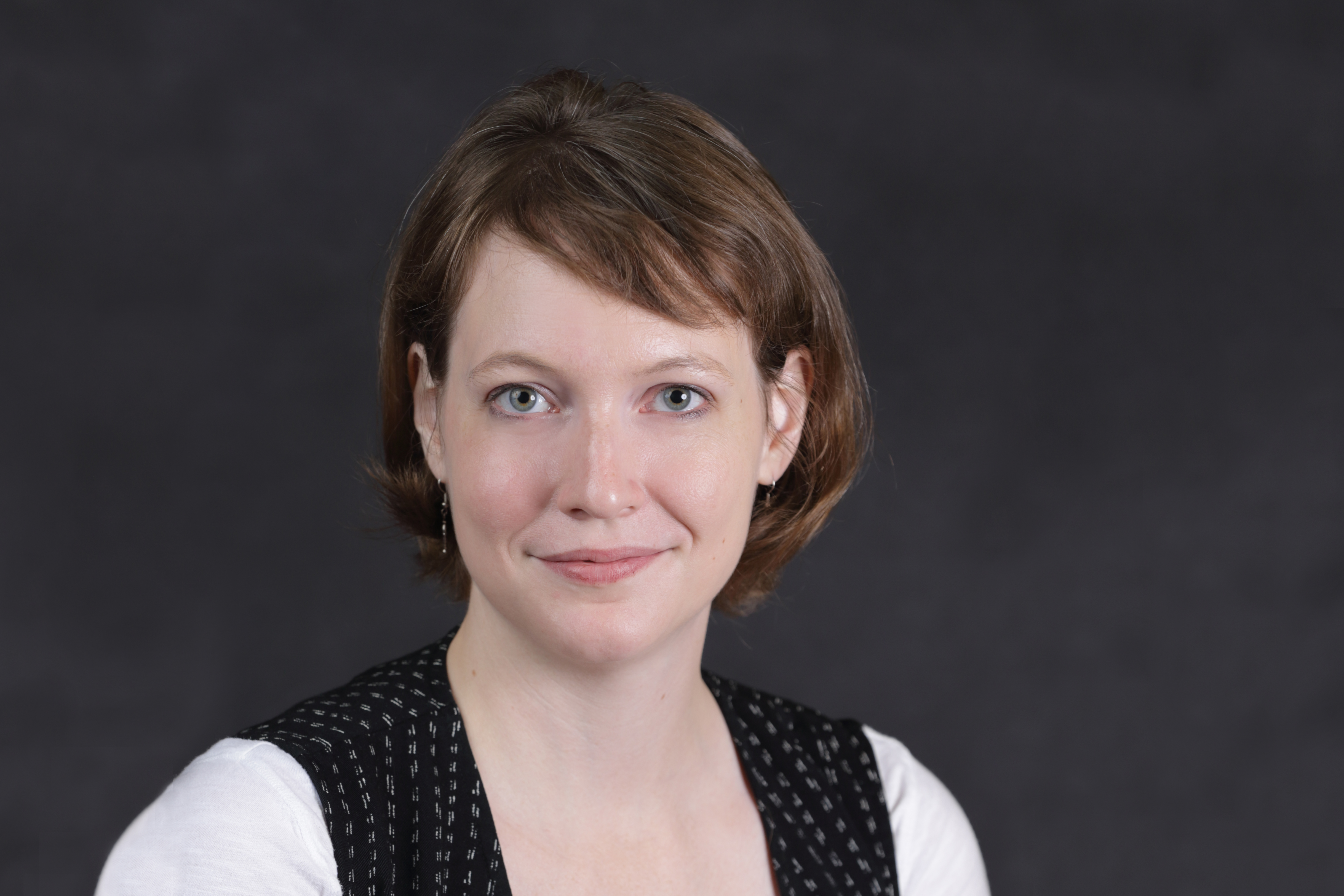
Dr. Erin Wamsley sits at a computer in a small corner of Johns Hall’s top floor, her door open to bustling students and incoming data, which is collected by electrodes placed on the scalp to monitor electrical impulses in the brain, just a few rooms down.
Adjacent to her windowless office is the source of this data: a student participating in a study that could not only provide insight on how the brain works, but also help answer the basic question of why rest is essential to human memory at all.
Despite earning an undergraduate degree in psychology, completing doctoral studies in a Harlem sleep lab, writing multiple articles and lecturing on sleep through Furman’s psychology and neuroscience courses, Wamsley says neither she, nor the decades of research before her, has figured out the exact mechanism for how sleep and waking rest benefit memory.
That was to say until she established the Furman Sleep Lab in 2014, and garnered a $347,000 grant from the National Institute of Mental Health (NIMH) in order to find the answer.
“Getting this grant to say, ‘Is sleep even necessary, or can you just close your eyes?’ really speaks to the fact we don’t really know how or why [sleep] leads to memory enhancement,” Wamsley said.
In the following Q-and-A, Wamsley explains how the Furman Sleep Lab will use this three year grant to compare the impacts of waking rest and sleep on memory. This interview has been condensed and edited for length and clarity.
Q: What initially got you interested in studying sleep?
Well, I’ve been interested in sleep for a long time. I did research on sleep and dreaming at Guilford College and that’s really the topic that drove me to going to graduate school. I first studied sleep and cognition more generally, and then I got into specifically hypothesizing that the function of sleep is for processing memories. We had a number of publications showing that over the years: that if you sleep after learning something, you’ll remember it better later on.
Q: In one your review articles, you discuss how dream consciousness and waking consciousness can overlap. How did these reviews influence the research topic for your grant?
When we think about dreaming, there is a tendency for people to say, “Dreams are so mysterious and other-worldly and they can’t be understood.” But we often don’t pay a lot of attention to day dreams – just the thoughts and imagery that pop into our minds when we disconnect from the external world and just relax. In both cases, there’s a lot of content that has to do with what we’ve recently experienced in the past, what we’re currently concerned about, and what we expect to be doing in the near future. The purpose of this grant is to figure out what it is about just resting with your eyes closed that produces a memory benefit and how that is the same, or different from, or overlapping with how sleep causes a memory benefit.
Q: How will you quantify and compare thoughts of subjects during sleep and wakefulness?
If you want to know what someone is experiencing subjectively, you have to ask them! At this time, there is no kind of brain measurement that you could use to understand what someone is thinking about. At various points while participants are awake or asleep in different experimental conditions we will ask them, “Tell us everything that was just going through your mind.” And then we would have judges, blind to experimental condition, go back and turn those verbal responses into numerically quantifiable reports.
Q: What could this research mean for public health?
Memory is interesting, but it’s not just interesting – it’s a fundamental cognitive ability that we can’t do anything without. There are a number of human conditions in which memory is impaired: Alzheimer’s and dementia in older individuals... post-traumatic stress disorder... and then there are people who have memory problems that don’t fit into any of those categories or might not be codified diagnoses at this point. In order to help those individuals, we have to understand what memory is and how it works.
Q: In what way would knowing the impacts of waking rest benefit someone who has a sleep disorder?
Once we get a better hand on the types of brain activity during rest that benefit memory, we’re going to be manipulating brain activity during rest with the goal of improving memory. So the idea is that once you characterize the brain state that’s correlated with memory enhancement, you can take someone and push them into that brain state experimentally. Our lab is using two methods of non-invasive brain stimulation in order to accomplish this: one involves changing someone’s brain rhythm just by showing them a flashing light, and the second method applies a very weak undetectable level of electrical current outside someone’s head. This electrical current can also influence rhythm of your ongoing EEG activity. So by using these techniques, we hope to be able to push people towards the brain states that we have identified as being beneficial for memory.
Q: What advice can you already give others based on your research?
Resting and sleeping are not a waste of time! Students tend to think that these things are a waste of time because they are not being productive, but you are actually doing something important when you relax, rest and sleep.
